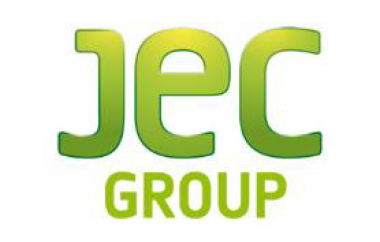Indorama Ventures ranked No. 1 in the world by ChemSec
- Best practices in chemical footprints
Indorama Ventures Public Company Limited (IVL), a global sustainable chemical company, received top ranking, for the second consecutive year, among the world's 54 largest chemical companies in the ChemScore ranking by ChemSec, for its efforts to reduce its chemical footprint.
IVL is also the only chemical company that uses the Substitute It Now (SIN) List to remove hazardous substances, market safer alternatives, use bio-based and hazard-free recycled feedstocks, and develop low-carbon products. This reinforces IVL’s purpose of ‘reimagining chemistry together to create a better world’ and underscores the company’s support for the United Nations Sustainable Development Goals (SDGs).
Factors that increased IVL’s score include its ambition to use 16% bio-based and 10% recycled raw materials (rPET) as feedstock by 2030, and safer green chemistry substitutions to reduce toxicity from raw materials and production processes. IVL’s Deja™ brand, offering the world's first carbon-neutral PET pellet solution, is a sustainable alternative to reduce environmental impact.
The ChemScore ranking was developed by ChemSec, the non-profit International Chemical Secretariat in Sweden that advocates for safer alternatives to toxic chemicals, provide investors with better information to assess companies with strong chemical management strategies, and increased transparency. The ranking covers hazardous chemical portfolios, the development of safer chemicals and circular products, chemical management and company transparency, and responses to controversies, lawsuits, and regulations.
Indorama Ventures Public Company Limited



































